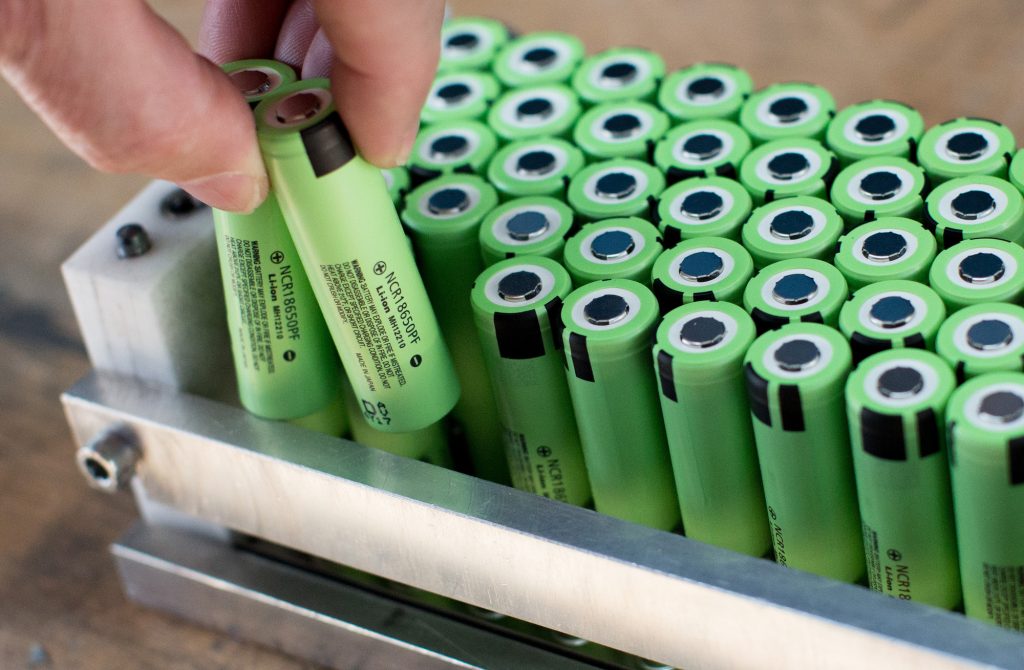In a joint effort between different scientific institutions, researchers from the Electrical Engineering Department of the Catholic University of Chile (UC) presented a technology that could revolutionize the charging infrastructure for electric vehicles.
It is a charger capable of storing energy in houses, buildings and electric stations, which would allow maximizing the use of electric infrastructure, one of the great challenges of electromobility on a global scale.
The innovation gives lithium a second life by recovering 70% of this type of discarded batteries. This breakthrough could reduce the extraction rate of this mineral and massify the use of electric vehicles.
Read also: DHL Includes Mexico as Part of Investment Plan to Promote Electromobility
Project Details
Javier Pereda, UC Engineering Professor, explained that charging is one of the main obstacles to massify electric mobility, due to the fact that the current network is not capable of supplying the projected demand.
He also pointed out that the increase in supply points has not gone hand in hand with the growth in sales of electrified cars.
In this sense, the researcher highlighted that the smart charger contributes to reverse this scenario, by allowing consumption to be distributed during the day, optimizing the electrical infrastructure.
Range of Charging Centers
Regarding where the chargers they are designing could be seen, the academic Felix Rojas, who leads the project together with Pereda, said that they would be available in buildings and houses, where they would reduce by five times the current charging time of an electric vehicle. He also indicated that they can be located in shopping malls, offices, electric stations and public charging points.
“With a charger without batteries, only the energy given by the junction can be delivered. On the other hand, with a charger with batteries, energy can be stored at times of low demand and delivered when demand increases,” added the Electrical Engineering Professor at UC.
The Chilean innovation is part of a research project financed by FONDEF, which also had the support of the Energy Conversion Laboratory (PEClab) of Ingeniería Eléctrica UC, Andes Electronics, Emoac and Clever Group.
The researchers hope to bring this technological solution to the market in a viable way. They also seek to inspire new ventures to promote electromobility in Chile and help reduce the carbon footprint of this type of sources.




